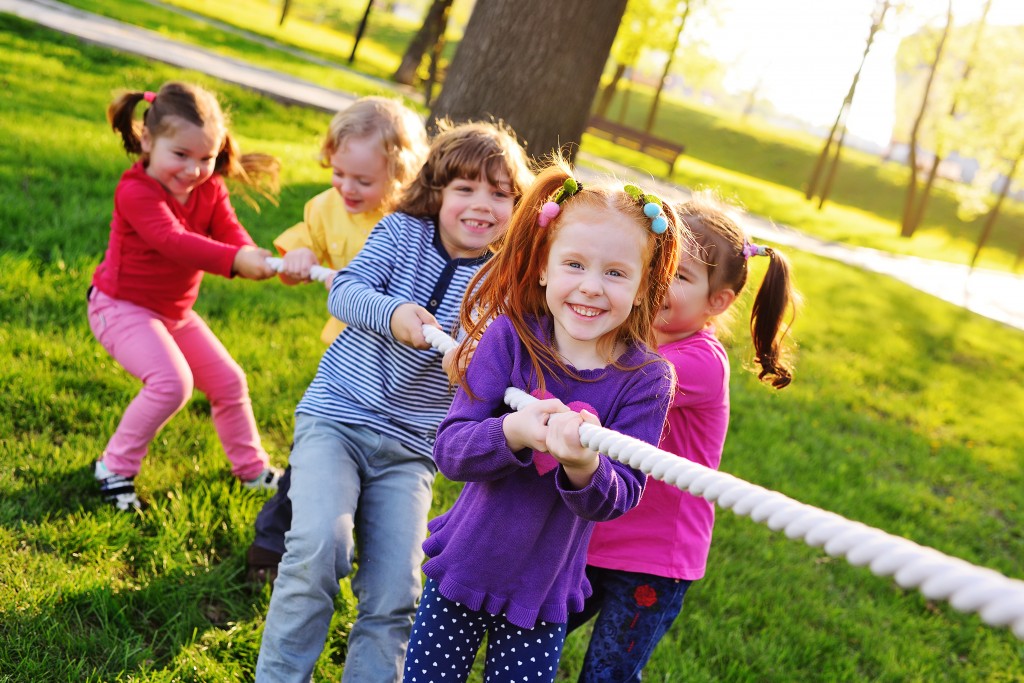Disclaimer: What Liberty Ate. This site provides food and drink content for informational purposes only.
Soon, our kids’ decisions and morals will impact the direction the world is taking. For this reason, we as parents should focus on raising our children to be the upstanding citizens the world needs. Of course, we’re preaching to the choir– most parents realize this and try their best to put their children on the right path. But *how* to do it can get complicated. Here are some topics that kids should be introduced to in order to help their moral formation.
Kindness to those different from themselves
It is easy for people, especially children, to stare or comment on something or someone that is out of the norm, and nearly everyone on earth is unusual in some way. Most of the time, there is little actual malice in it. The key is getting them to realize how it can hurt people.
It is only fair that everyone should feel comfortable being themselves– in terms of race, religion, sexual orientation, etc. Being accepting of others is a type of compassion that can easily be taught through play. Make it a point to find books, toys, and movies with diversity– the more they’re exposed to other kinds of people, the more “normal” diversity will be as a concept. This is why representation in popular culture matters.
Feminism and Consent
Acceptance isn’t the only value that should be taught. In the future, people shouldn’t just accept the differences in society; they should fight for equality for those who are oppressed. One way to fight for equality is to raise young feminists; they demand consent.
These may be difficult conversations to have, but they are important ones. Even just challenging things as simple and basic as gender roles (pink/dolls are for girls, blue/toy cars are for boys) can have a lasting effect on having them question why these roles exist in the first place. Consent is another very important concept to teach– rape culture can begin with lessons learned very early on in life. Teaching consent can be simple, though, as easy as stopping whenever your child asks you not to tickle them and the setting and respecting of boundaries.

Question “Conventional Wisdom” in Media
These topics can already be difficult to explain to young children sometimes, but your biggest hurdle can be the media that they consume. In the TV shows they watch, the movies they stream, there can be some problematic messaging that can reinforce harmful beliefs.
This doesn’t mean that you should avoid these– if you were to shield your child from any work that had any problematic messages, you may very well be denying them all the media! Instead, talk it out– why what they saw may not be right, and what they and the characters might feel in those situations. This will enable critical thinking and empathy, two very powerful tools to raise kind children who can deal with problems when they come across them.
Also get them to watch the *right* things. There are many organizations out there that produce shows with diverse casts and thoughtful, positive messaging, and there are online resources that list them. On steaming video, channels like Amy Poehler’s Smart Girls have female-empowerment content that breaks it down for the kids. Your community may also have local organizations that can work with video production companies and studios to provide explainers and examples in a more local context.
Importance of Teaching from a young age
Habits can be easy to form and hard to break. If your young child grows up believing it’s okay to tease or otherwise be unkind to others, it’s going to be close to impossible to teach them to be aware of others’ feelings. If a parent instills positive values in children from the very beginning, they can be part of changing the world.

